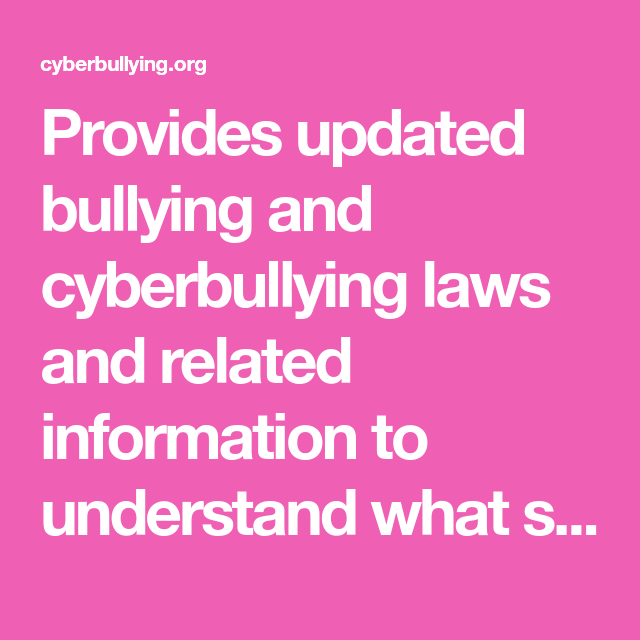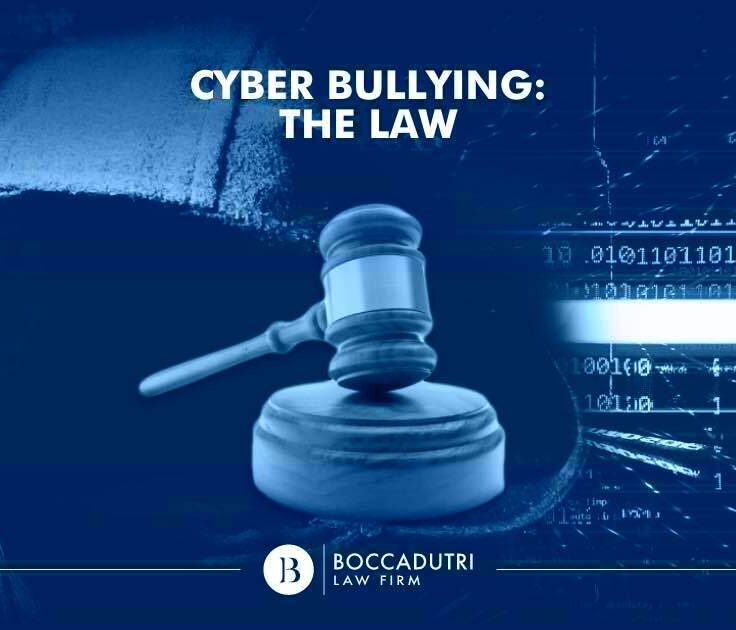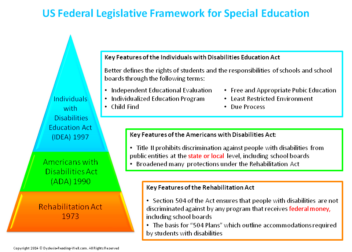Reforming Pennsylvania’s Cyberbullying Prevention Laws
Cyberbullying has grown to become a growing issue in today’s digital world, especially among the youth. In Pennsylvania, the ramifications of cyberbullying are serious and impact on students’ mental health and academic performance is awful. It is when individuals utilize technology in order to intimidate, threaten or embarrass others, very often via social media platforms such as Facebook or Twitter, instant messaging applications like WhatsApp or even internet gaming sites. As the technology keeps changing there rises an opportunity for more strategies that can help to deal with this problem effectively.
The importance of tackling cyberbullying is being acknowledged by growing numbers of parents, teachers and lawmakers. It’s not just a schoolyard issue anymore; it can occur anywhere children engage in online communication. For creating successful avoidance programs, it’s necessary to understand the principles behind this kind of harassment and how it affects its victims.
Current State of Cyberbullying Prevention Laws

To amends for any possible forms that could not be predicted, there is no such thing as a perfect training with no future use. However few laws and policies have been put in place by Pennsylvania to tackle this problem head-on. The anti-bullying legal provisions of the state also cover cyberbullying in schools. Some of the most pertinent characteristics of current legal systems are outlined below:
- Act 61 of 2008: This law requires schools to have anti-bullying policies that include cyberbullying.
- School District Policies: Schools are mandated to develop and implement policies to address bullying, including the use of electronic devices.
- Reporting Mechanisms: Students and parents can report incidents of cyberbullying, prompting investigations and appropriate actions by school authorities.
Comparatively, although enforcement of these laws are supposed to curtail cyberbullying, they are deemed inadequate and weak by many. Laws must adapt with technology so as to face challenges that arise from time to time.
Challenges in Implementing Existing Laws

The challenges that limit the effectiveness of anti-cyberbullying laws in Pennsylvania despite existing laws include:
- Lack of Awareness: Many students and parents are unaware of the legal protections in place or how to utilize them.
- Enforcement Difficulties: Schools may struggle to enforce policies consistently, especially when incidents occur off-campus.
- Vagueness in Definitions: Current laws often lack clear definitions of cyberbullying, making it hard for schools to take action.
- Resource Limitations: Schools may not have adequate resources or training to address cyberbullying effectively.
These problems in order to be safe place for students, it is necessary to rectify laws about cyber bullying prevention in Pennsylvania.
Proposed Reforms to Enhance Cyberbullying Prevention
Cyberbullying is adjusting its tactics and tools as the digital scene changes. To properly address this challenge, legislative proposals in Pennsylvania intend to reinforce present regulations and establish a more comprehensive approach for avoidance and support. Below are some of the prime reforms under debate:
- Clear Definitions: Establishing a clear and comprehensive definition of cyberbullying will help schools and law enforcement take appropriate action.
- Mandatory Training: Requiring mandatory training for educators, students, and parents on identifying and addressing cyberbullying can foster a culture of awareness.
- Enhanced Reporting Systems: Implementing user-friendly reporting systems that allow victims to report incidents anonymously can encourage more students to come forward.
- Collaboration with Tech Companies: Partnering with technology companies to develop tools that can help monitor and report cyberbullying incidents is vital for proactive prevention.
- Expanded Support Services: Increasing access to counseling and support services for victims of cyberbullying can aid their recovery and encourage them to speak out.
Not just do these reforms intend to ensure protection for the victims but also encourage a positive school climate against bully behaviour. Hence, through these measures, Pennsylvania can achieve major strides in its cyberbullying fight.
Impact of Proposed Reforms on Schools and Communities
The suggested changes to improve laws governing cyberbullying prevention can have a major positive influence on educational institutions and neighborhoods in PA. Here’s how:
- Improved School Environment: With clearer guidelines and stronger policies, schools can become safer spaces for all students, fostering a supportive environment where bullying is less likely to occur.
- Empowered Students: Training programs will empower students to recognize cyberbullying and take action, whether by reporting it or supporting their peers.
- Community Involvement: Engaging parents and community members in discussions about cyberbullying can lead to a more cohesive approach to prevention.
- Resource Allocation: Schools that receive additional funding for training and resources can implement more effective anti-bullying programs.
- Long-term Benefits: Creating a culture of respect and support can reduce dropout rates and improve overall mental health among students.
In general, these changes have the potential to initiate a chain reaction that will influence not only schools but also whole towns in such a way where people become more caring and responsible towards each other.
Role of Parents and Guardians in Cyberbullying Prevention
In preventing and addressing cyberbully parents and guardians play a critical part. For children to be in a secure online atmosphere, they have to be involved. Here are some ways through which parents can do this:
- Open Communication: Encourage open conversations about online activities and friendships. Make sure your child feels comfortable sharing their experiences with you.
- Monitoring Online Activity: Keep an eye on your child’s online presence. This doesn’t mean invading their privacy, but rather being aware of their social media use and the friends they interact with.
- Educating About Cyberbullying: Teach your child what cyberbullying is, its effects, and how to respond if they encounter it. Understanding the issue is the first step in prevention.
- Setting Boundaries: Establish clear rules about online behavior and consequences for engaging in or supporting bullying.
- Collaborating with Schools: Work with schools to support anti-bullying initiatives and stay informed about policies and resources available.
Parents can greatly help in minimizing the case of cyber bullying incidences by getting involved in their children’s online activities.
Legislative Process for Law Reform in Pennsylvania
The chances of success for any proposed change are enhanced by understanding how the legislative process of law reform works in Pennsylvania. This is primarily true for advocating for better cyberbullying prevention laws. The passage from proposal to law requires many steps, and every one of them is important. What happens during that process generally is as follows:
- Proposal of Legislation: Lawmakers introduce a bill aimed at reforming existing laws or creating new ones. This can stem from community concerns, incidents of cyberbullying, or recommendations from advocacy groups.
- Committee Review: The bill is sent to a committee specializing in the relevant area, such as education or public safety. Committee members will review the bill, hold hearings, and may make amendments.
- Voting: After committee review, the bill goes to the full chamber for a vote. If it passes, it moves to the other chamber for a similar process. If both chambers pass the bill, it is sent to the governor.
- Governor’s Approval: The governor can either sign the bill into law or veto it. If vetoed, the legislature can attempt to override the veto with a sufficient majority.
- Implementation: Once signed into law, the new regulations take effect after a specified period, allowing schools and communities to adjust.
In this procedure, it’s essential for people to speak out publicly. It is possible to make legislators aware of the problem by talking to them, going to public gatherings and so on, which will also help the matter get more attention.
FAQs about Cyberbullying Prevention Laws in Pennsylvania
In the field of anti-cyberbullying legislation, many issues still remain unresolved in Pennsylvania. The following are some common inquiries which can help make more sense of it:
| Question | Answer |
|---|---|
| What defines cyberbullying? | Cyberbullying involves using technology to harass, threaten, or humiliate others, often through social media, texting, or online gaming. |
| Are schools required to have anti-cyberbullying policies? | Yes, Pennsylvania schools are mandated to develop and implement policies addressing cyberbullying. |
| Can parents report cyberbullying incidents? | Absolutely! Parents can report incidents to school authorities, who are obligated to investigate. |
| What resources are available for victims? | Victims can access counseling services, reporting hotlines, and support groups within their communities and schools. |
| How can I help prevent cyberbullying? | Encouraging open communication with your child about online behavior and being aware of their social media interactions can help. |
Grasping these elements will enable persons and groups to steer through the terrain of deterring cyber bullying more efficiently.
Conclusion on the Need for Reform
Yours is a very critical point about reforming the laws concerning cyberbullying prevention in Pennsylvania. We live in a world where communication is determined by technology and therefore a need for change has arisen. Existing laws have given a foundation but not enough to adequately address its complexities.
If Pennsylvania engages in proposed reforms like clarifying definitions, improving training, or increasing reporting systems it can develop an improved structure to prevent cyberbullying. This does not only focus on students’ protection; rather includes all individuals involved for their own wellbeing. It calls for a partnership among legislators, educational institutions, guardians and societies at large.
Conclusively, it is important that we remain proactive in advocating for these reforms. If we work together, our efforts to combat cyberbullying will bear fruit and all the students will be secure as well as supported online and offline.


